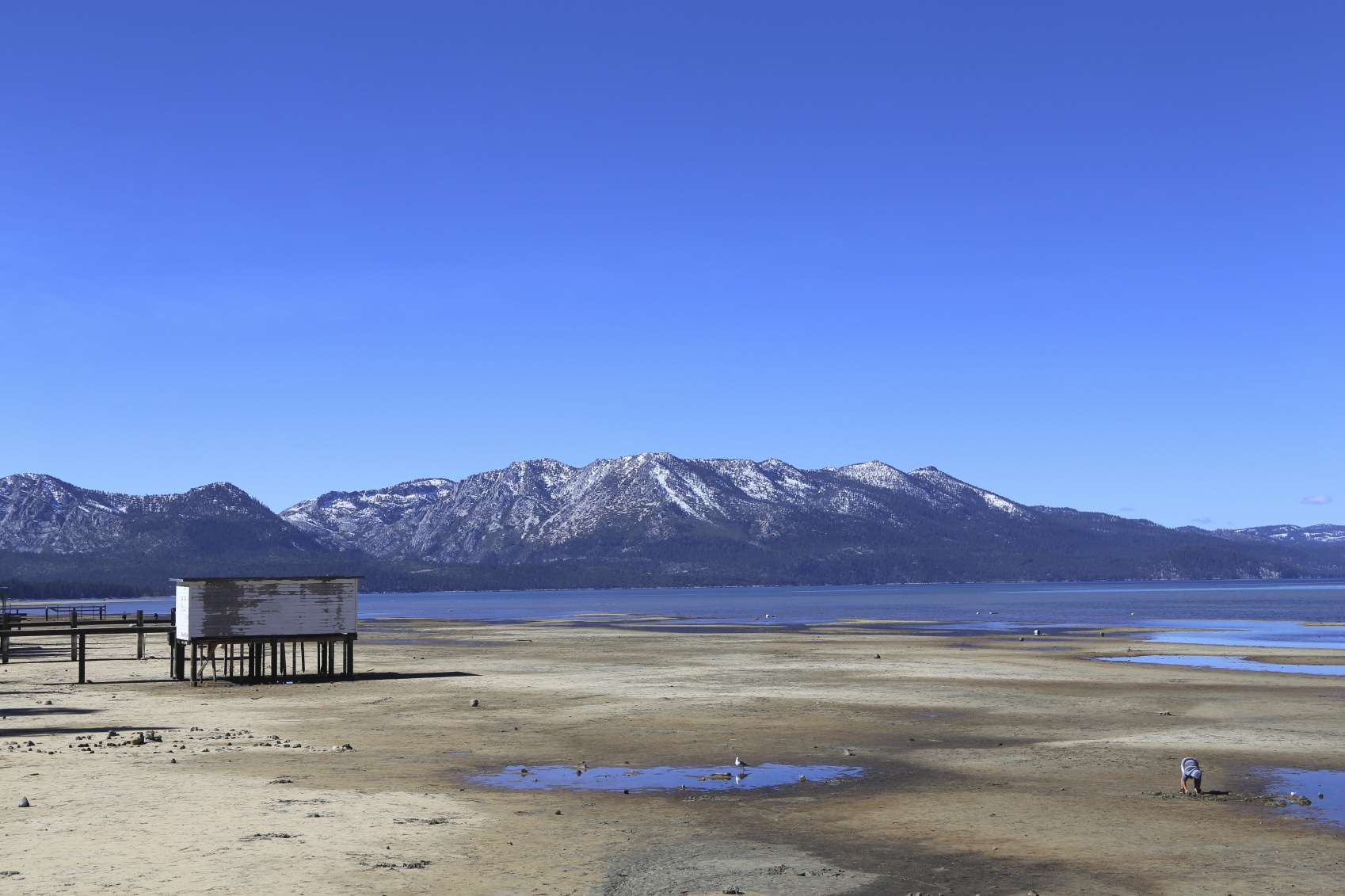One of the reasons we’re passionate about helping people replace their natural lawn with drought-tolerant landscaping is news like this:
The 29 public water agencies that rely on water delivered by the State Water Project will only receive 10 percent of requested water next year. The initial allocation for 2016 was announced Tuesday and may change depending on the amount of rain and snow this winter. This calendar year State Water Project customers received a 20 percent allocation.
You know things are in bad shape when 29 public water agencies are denied their request for something as essential as water.
This incident revolves around the water level of Lake Oroville, which is close to a record low.
The drought in the west is nearly five years old and experts are predicting it will continue longer despite heavy rainfall. The best thing homeowners can do right now is take action to conserve water wherever possible. Many states already have water usage limitations in place, but that doesn’t really help homeowners in any way other than avoid expensive fines. For some residents, especially in the west, there’s no better time to let go of the idea that your home will feature a perfectly manicured natural grass lawn and consider the alternatives.
Some states have rebates in place that actually put money in your pocket for replacing your natural grass with drought-tolerant landscaping. They won’t be around forever, so if you’re mildly interested, we recommend you take action as soon as possible.
If you are interested in featuring green lawn out in the front and backyard, consider installing artificial grass. It’s come a long way since the early days of AstroTurf in the late 60s. In fact, it’s very difficult to tell the difference until you’re standing on it.
Artificial grass doesn’t need water or maintenance to keep it looking great all year long.
If you’re interested in saving money, take a look at our recycled turf – it not only saves you a lot of money upfront and over the course of its lifespan, it also keeps waste out of landfills.
Read the full story about Lake Oroville.

